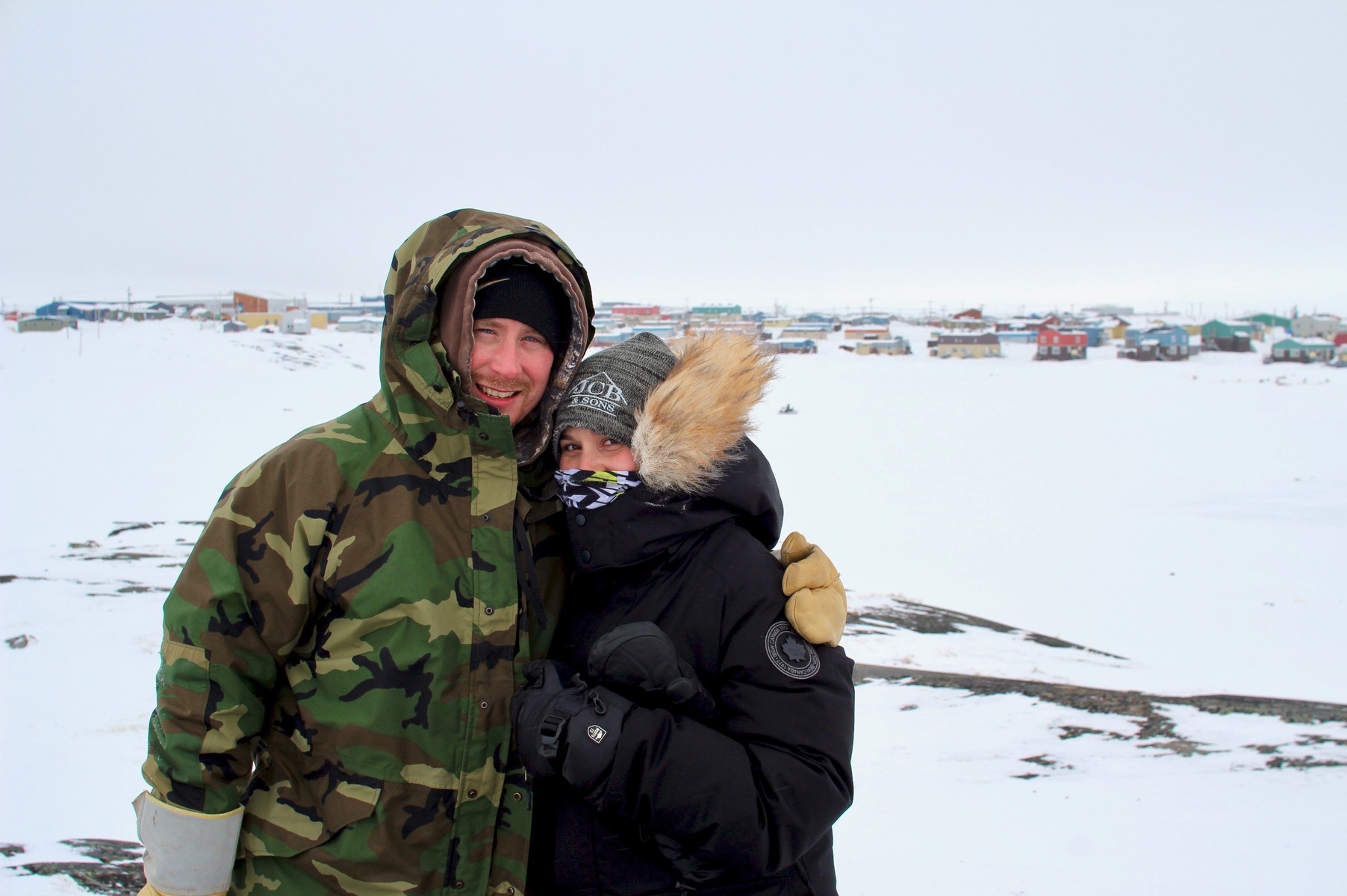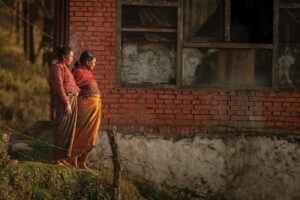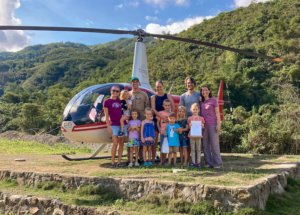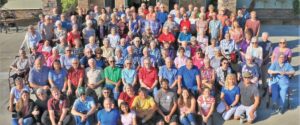The Indigenous people within Canada have been subjected to horrific abuse
Often at the hands of men and women associated with “the church”. Children were wrenched out of their home and communities, often without their parent’s knowledge or consent, and placed in residential schools. Today, the suicide rates for Inuit youth are among the highest in the world, at 11 times the national average (www.suicideinfo.ca).
Substance and alcohol abuse, along with the resulting dependency runs rampant. The results of the past abuse have made planting thriving churches among the indigenous peoples in Canada an incredibly difficult ministry. Earlier this year when visiting a number of communities in Northern Ontario, it didn’t take me long to realize that planting thriving churches among these precious people is going to take a special type of family, and it is going to take time.
Indigenous people have been deeply hurt. Instead of the gospel being welcomed with open arms, many indigenous communities are often cautious, reserved and apprehensive. They have built up defenses to keep those from outside the community out, like they keep out the cold of winter.
It is into this incredibly complex and challenging landscape that God is opening doors for Ethnos Canada to serve. God is not just opening doors, but He is raising up believers willing to put in the time it will take to engage the First Nations and Inuit in Canada with the gospel.
We realize that there is no quick-fix to overcome these challenges.
A [Not-so] Special Kind of Family
It breaks my heart every time I hear how communities were dismantled — how families were torn apart.
Into this complex and challenging ministry context, God is calling men and women. Where once indigenous people were taken out of their communities, I am excited to see Christian families willing to move into these communities and live among the people.
God is raising up families for such a time as this. Families that have learned to be dependent on Him.
Who are willing to count the cost. Who know what it means to persevere. The type of families that will not just survive but thrive in Canada’s north are highly relational and have a humble, servant heart. They will be able to enter the ministry context as learners, discovering what it means to be an insider and how the people view the world. Only after years of investing in relationships will trust be earned and the people open up — to the messenger and the message.
One family that exemplifies these characteristics is Jordan and Jessica Martin.
Born into families that didn’t attend church, they were raised in Massachusetts. Not having godly examples, they moved in together when they were 18-years-old. It was then that Jordan’s aunt and uncle invested into their lives, and they recognized their need for Christ.
With their new faith developing, they got married and instantly got involved in a local church.
Over the next seven years Jordan worked as a carpenter and Jessica was a stay-at-home-mom to their growing family. As a builder, Jordan had the opportunity to work with many immigrant workers and one man in particular had a desire to learn about the Lord.
As Jordan began discipling him, Jordan quickly realized that he himself wasn’t grounded enough in God’s Word. During this time a missionary couple came and spoke at their church and told them about Ethnos360 Bible Institute and missionary training program that could help them be grounded in the Word of God and teach it effectively.
As Jordan and Jessica learned about cross-cultural missions, God grew within them a sense of urgency. They sold their belongings, said their goodbyes and moved to the Ethnos360 Bible Institute campus in Wisconsin.
After two years in Bible school, they moved to Ontario to attend Ethnos Canada’s missionary training program. It was during this time that they heard about the needs in Canada’s north. With a past that included broken homes, a history of drug and alcohol abuse, and losing many friends and even some family to drugs, Jordan and Jessica feel as though the Lord has been preparing them for this exact ministry.
They’re amazed when they look back at all that God has done in their lives. Missions is the last place that they would have seen themselves and yet with the Lord’s strength, they are graduating from missionary training in December, raising their support and preparing to relocate their family into a community that desperately needs the Lord.
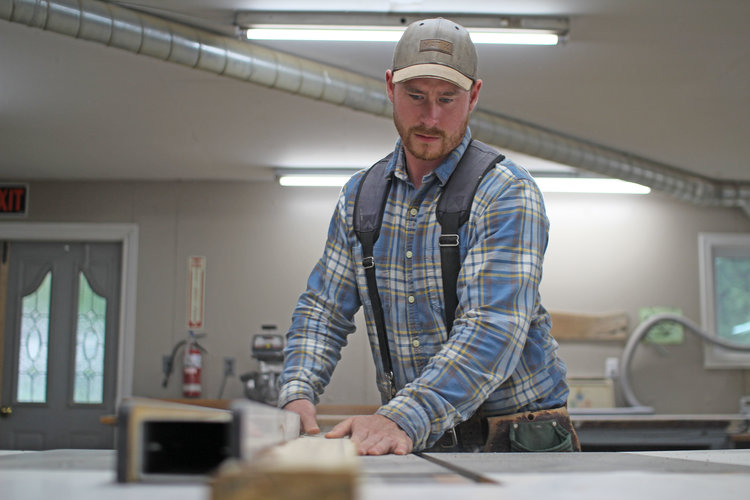
While in many ways there is nothing special about Jordan and Jessica, there is something extraordinary about them — they are willing to be used by God.
The fact that God is living in and through them is what makes them useful servants in His work among the indigenous peoples in Canada.
Jordan and Jessica have teachable hearts. This has been demonstrated as God has led them from pursuing the American dream to Bible college, and from Bible college to specialized missionary training with Ethnos Canada.
God will use their humble, teachable hearts — their posture of being a learner — to build deep and meaningful relationships with those they desire to see come to a saving faith in Jesus Christ.
Yes, it will take time, most likely years, to be accepted into a community
but it will be worth it.
A Special Kind of Outcome
We desire to see people who were historically isolated from God brought into a knowledge of their creator. We want to see self-striving religion replaced with a God-focused relationship. We want to see confusion replaced with a clear understanding of truth.
Where people once struggled with a dependence on drugs and alcohol, we long for a day when they know what it means to be dependent on the Lord. Our heart is to see the indigenous people in Canada delivered “from the domain of darkness and transferred … to the kingdom of his beloved Son.” (Colossians 1:13, ESV). Through a long-term, incarnational approach to ministry, Ethnos Canada desires to see new believers thrive and grow to maturity.
Only then can they, with the same humble attitude demonstrated to them, teach others also
2 Timothy 2:2
Our desire is to see thriving churches throughout the indigenous communities in Canada who are not just accepting God with open arms, who are not only making disciples in their own communities, but taking the truth of God’s Word to neighbouring communities, and ultimately, around the world.
In Christ, Ken Dewar

